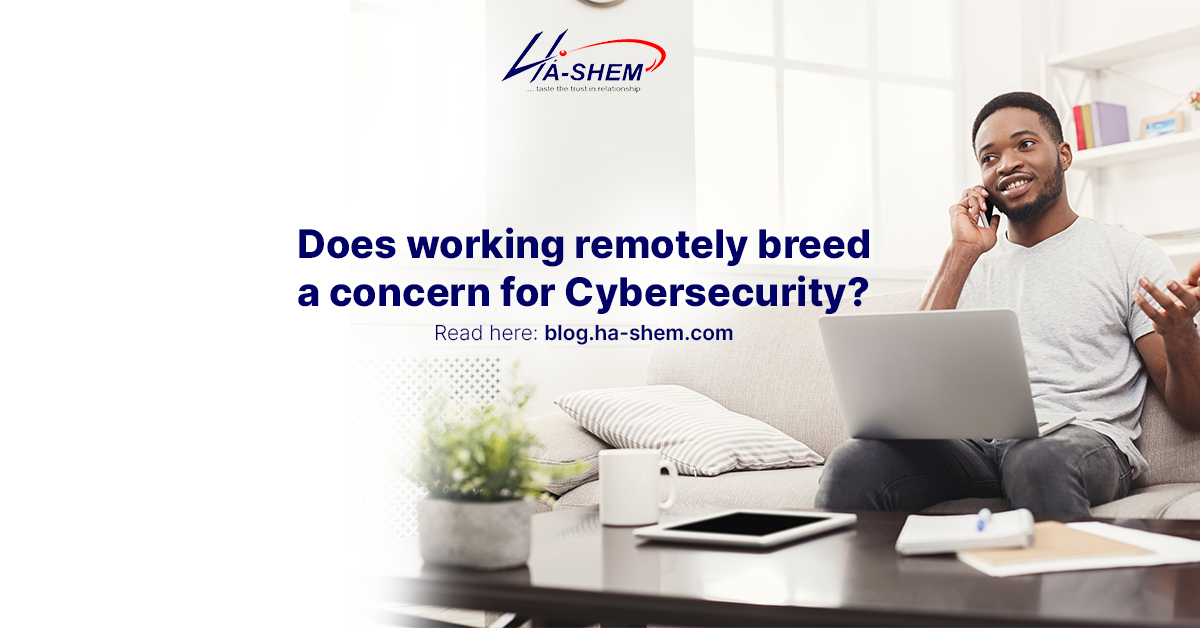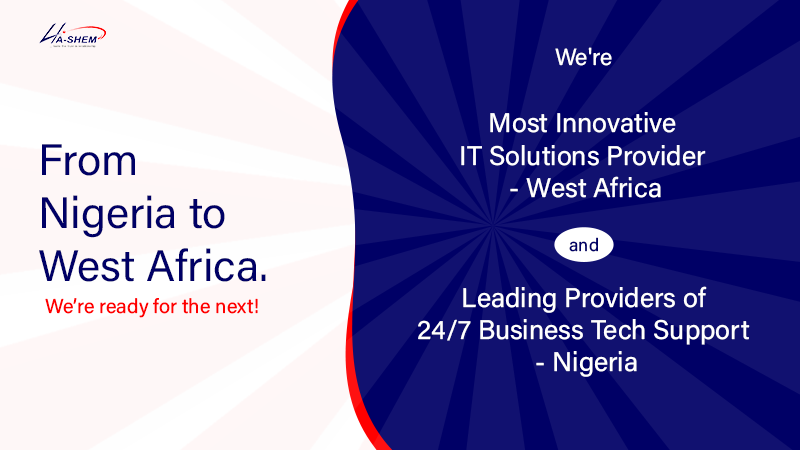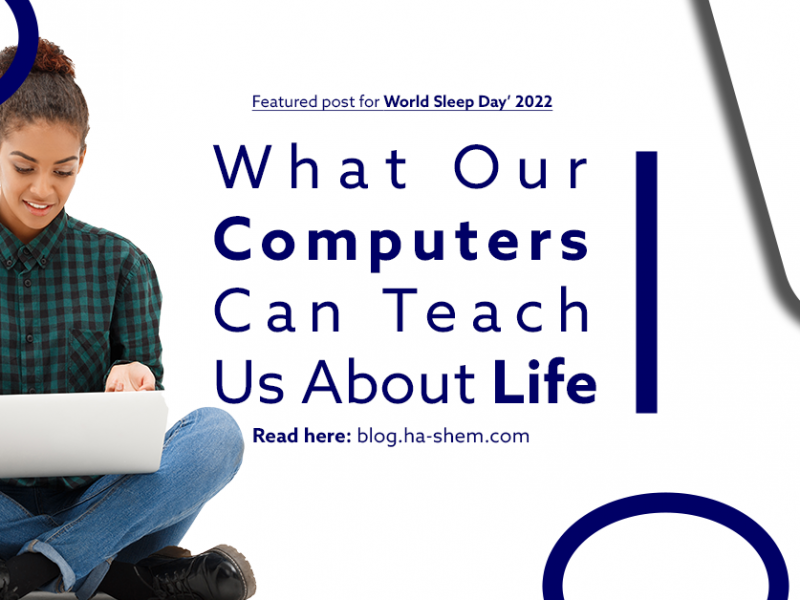If I am being honest, I would say that working remotely has been a blessing in this 21st century, I mean, who wouldn’t love the flexibility and comfortability that comes with working from home?
The fact that you can quickly cook up a meal, take a brief nap, have some dedicated time to work out, and still be productive while delivering your work tasks and projects is a gift in this modern age. But if we are to consider the cybersecurity threats that come with remote working, it would be wise to tread on the subject matter carefully.
Remote working is not a new concept, few companies had embraced working remotely before the COVID-19 pandemic, but it is safe to say that more and more companies around the world have embraced both remote and flexible ways of working a lot more ever since the pandemic. Now here is the BIG question “Does working remotely breed a concern for Cybersecurity?”, in other words, what is the place of cybersecurity in remote working?
The Security Risks of Remote Work
Cybersecurity experts globally agree on the fact that the rate of cyber threats has increased exponentially ever since the pandemic, and we have statistics from global leaders in cybersecurity to prove this. In an article by Sophos “The IT Security Team: 2021 and beyond”, a survey was conducted to understand the impact of cyber threats since the pandemic, and it was noted that 61% of businesses reported an increase in the number of cyberattacks on their organisation.
The sad reality is that these figures are ever-increasing as more organisations adopt the “work from home” model or hybrid work model.
Now, back to the main topic of discussion: why does remote working pose cybersecurity risks?
Consider this carefully; while working at an office, you are most likely using the office’s network, which probably has cyber threat protection software and solutions, and then, access to some websites is sometimes restricted, especially when it may be a potential threat.
On the other hand, when working from home, you’re with your connection which could be your “Home’s Wi-Fi” and it would not have the same security tools and protocols as the office network.
Following basic cybersecurity tips might help enforce security for remote workers. Tips such as:
- Use strong passwords
- Encrypt devices
- Avoid public WIFIs
- Be aware of Phishing
- Don’t use unauthorized USB drives in your work gadget
- Regularly update your work applications
But as the cyber threat landscape is ever-increasing, and cyber-attacks are getting more sophisticated, a better and more secure approach needs to be put in place – The Zero-Trust Approach.
The Zero-Trust Approach
Zero Trust is a security framework that requires all users, whether within or outside the organisation’s network, to be constantly authenticated, authorized, and validated for security configuration and policies before being granted access to the organisation’s data.
In simple words, The Zero Trust approach is saying “Hey you! We understand that you’re a part of this organisation, but for our mutual safety, we will need to verify and authenticate you before you can access our data” 😊
The Zero Trust Approach uniquely addresses the modern challenges today’s businesses face, such as securing remote and hybrid workers. So, whether you are using your Home’s Wi-Fi or sharing a neighbour’s network, the zero-trust approach stands to enforce information security for remote working.
The Future of Secure Remote Work
Remote working is here to stay, and considering the times we are in globally where safety and mental sanity should be the utmost priority of any organisation for their staff, it is okay for businesses to embrace the work from home and hybrid model. The question of “How do I keep my remote workers safe?” can be easily addressed with the implementation of the Zero Trust Approach.
There are tons of Zero Trust Network solutions out there, but there are some things to look out for before deploying any Zero Trust Network solution to get the best value for your IT investment, and they include:
- Simple licensing
- Cloud management – that will allow you to manage from anywhere, and easily integrate with your other IT security solutions.
- Single Agent – Integrated with your Endpoint protection
Based on these requirements, a Zero Trust Network solution, I totally recommend is Sophos ZTNA.
Sophos ZTNA is a cloud-delivered and cloud-managed solution that is integrated into Sophos Central, the world’s most trusted cybersecurity cloud management and reporting platform. It delivers on the principles of zero trust: trust nothing, verify everything.
With Sophos ZTNA, individual users and devices become their micro-segmented perimeter that is constantly validated and verified before they can access the organisation’s data.
Sophos ZTNA is tightly integrated with Intercept X – a next-gen endpoint solution.
With Sophos ZTNA and Intercept X, you are not just securing your application access, but also protecting your endpoints and network from ransomware, and other advanced threats, with the most powerful machine learning, and next-gen endpoint technology available in the industry today.
If there is any Zero Trust Network Solution that is guaranteed to keep you safe wherever, whenever, it would be Sophos ZTNA
If you will love to read more about the unique advantages that you can get from Sophos ZTNA, you can download a free article here that addresses the top advantages of Sophos ZTNA.
I would also like to hear your thoughts on the best way to secure remote workers.
Kindly share your comment on this post or reach out personally via discover@ha-shem.com





